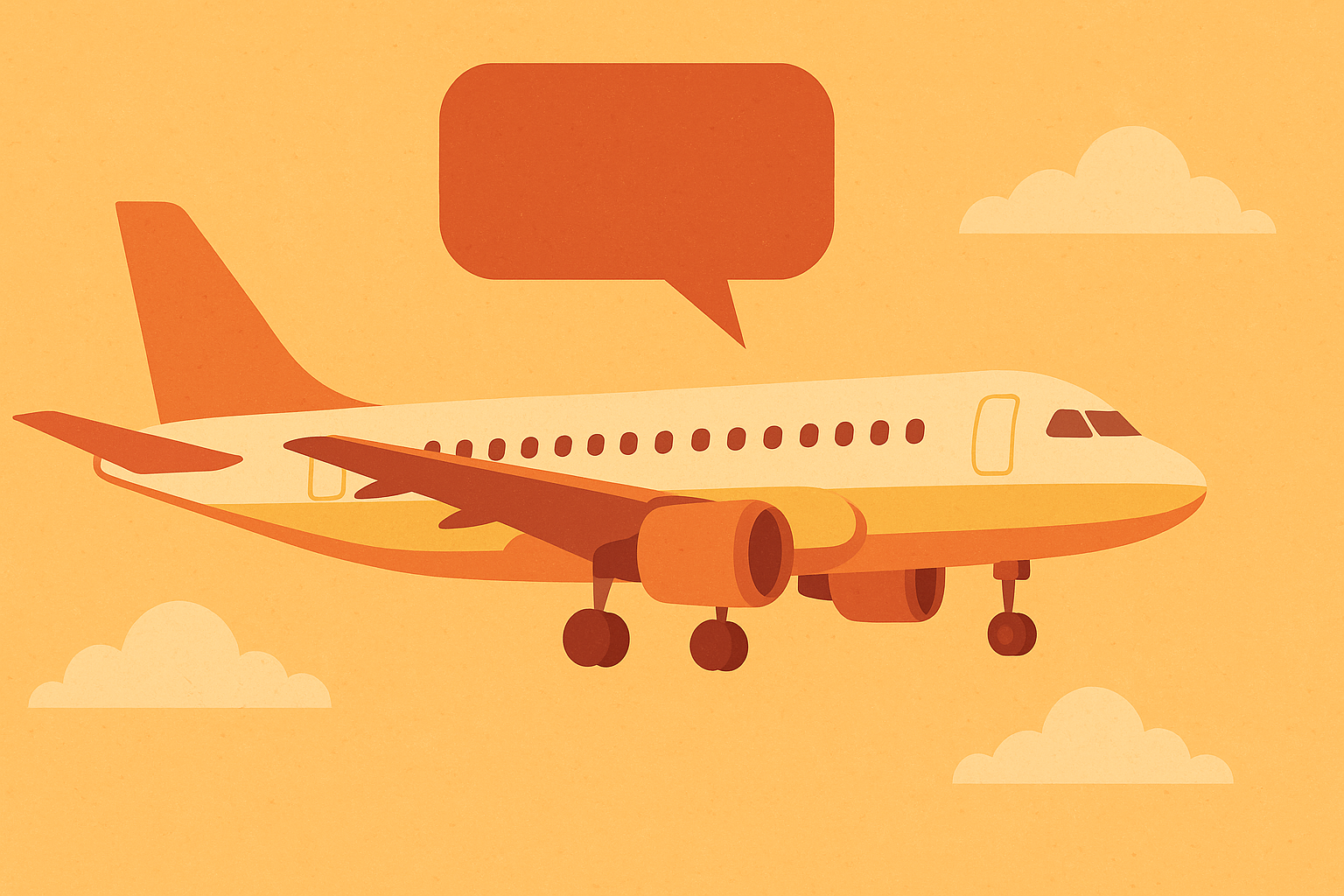Two of the UK’s largest low-cost airlines — Ryanair and Wizz Air — have warned that rising taxes on the aviation sector could stall future growth and prompt them to relocate aircraft to more competitive markets abroad.
Airlines Sound Alarm Over UK Aviation Taxes
Senior executives from both carriers told the Financial Times that continued increases in air passenger duty (APD) and airport business rates could make the UK an unattractive market for investment and expansion. The warnings come as the Labour government considers further tax rises in its upcoming Budget.
“It’s definitely a risk that aviation in the UK could be very growth-stunted,” said Michael Delehant, chief operations officer at Wizz Air. He pointed to the airline’s recent withdrawal from Vienna — where it relocated aircraft to Bratislava, Slovakia — as a cautionary example of how cost pressures can drive airlines to shift operations abroad.
“When you’re in the price-sensitive part of the market, you simply can’t absorb higher charges,” Delehant said. “Vienna was the perfect example — you raise costs, you lose planes.”
Airports and Airlines Face Rising Costs
UK airports are already bracing for a possible surge in business rates, which could force them to raise charges for carriers. Meanwhile, the aviation industry expects another inflation-linked increase in air passenger duty — already the highest in the world.
Wizz Air, which operates from Gatwick and Luton and has 19 aircraft based in the UK, warned that Gatwick’s costs were becoming “unsustainable.” “If you’re trying to sell ultra-low fares and before leaving the gate passengers are paying €50 or €60, it’s not sustainable,” Delehant said. “People won’t buy it.”
Trade group Airports UK estimates that each aircraft stationed in Britain supports around 400 jobs and contributes roughly £27mn a year to the economy.
Ryanair Threatens to Shift New Aircraft Orders
Eddie Wilson, chief executive of Ryanair, issued a similar warning, saying that any further increases in air passenger duty would lead the airline to allocate its 300 new aircraft to lower-tax markets elsewhere in Europe.
“Raising air passenger duty will mean fewer new planes flying from the UK,” Wilson said, calling the policy a “tax on growth.”
He cited the airline’s decision to cut some services from Newquay in Cornwall in favour of Sweden, which has abolished air passenger duty altogether. “The tax difference was €20 per ticket — when your average fare is just over €50, that’s massive,” he explained.
Wilson described aviation as “the most mobile investment in the world,” warning that higher UK taxes would redirect growth and jobs elsewhere. “The dull grey people in the Treasury don’t see that — they think the planes are just there. But when taxes rise, so does the incentive to move.”
Balancing Climate Goals and Economic Growth
The Labour government, led by Chancellor Rachel Reeves, has pledged to decarbonise the aviation industry but also supports airport expansion as a driver of economic growth. However, industry leaders say higher taxes could undercut those ambitions by discouraging investment.
Gatwick Airport has already warned that a sharp rise in business rates could derail key projects, including its long-planned second runway.
As airlines and airports await clarity in the Budget, the industry remains united in its message: without a stable and competitive tax framework, the UK risks losing not just planes — but jobs, investment, and its place as one of Europe’s leading aviation hubs.








